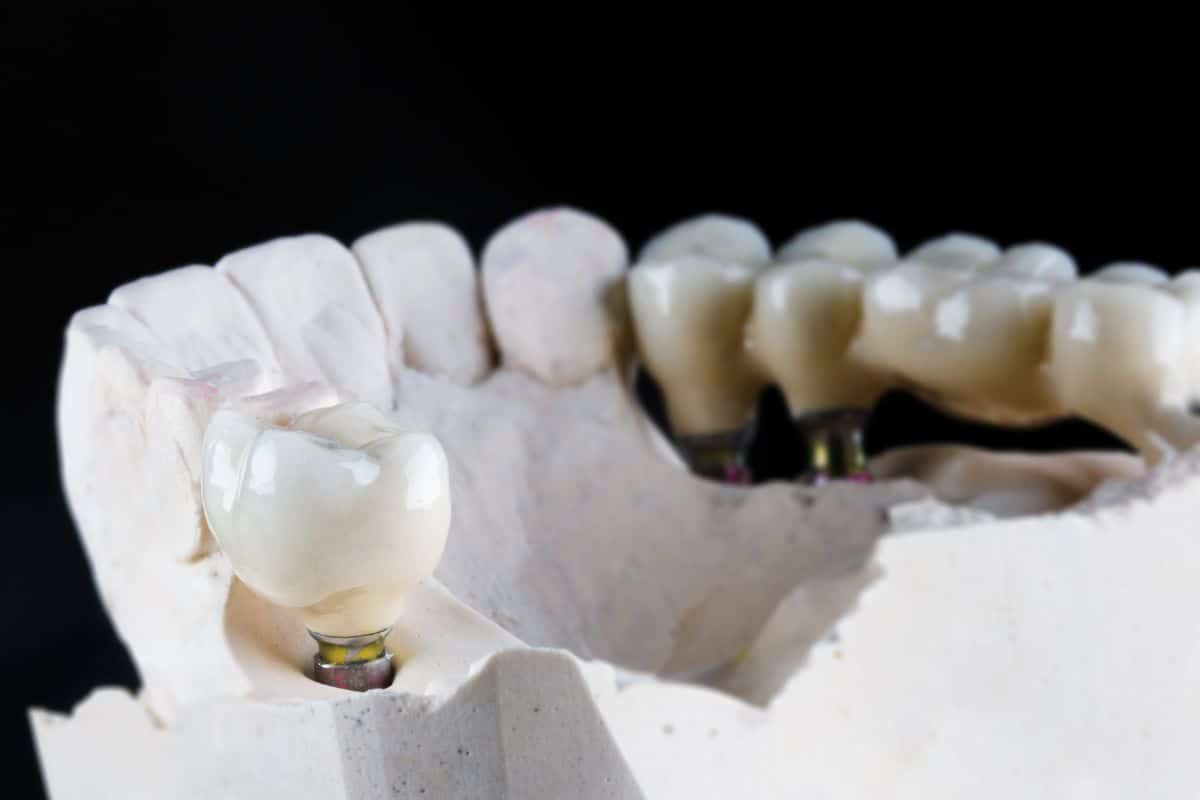Is It Important to Get an Implant on a Back Tooth?

When it comes to dental health, most people focus on the front teeth, which are visible and affect their smile. However, back teeth, or molars, play a crucial role in your overall oral function and health. If you’ve lost a back tooth, you might wonder if getting an implant is necessary. Here’s why it’s important to consider an implant for a back tooth and how it can benefit your overall well-being.
The Role of Back Teeth
Back teeth, including molars and premolars, are essential for several reasons:
- Chewing Efficiency: Back teeth are responsible for grinding and breaking down food into smaller pieces, making it easier to digest. Without these teeth, chewing becomes less effective, which can lead to digestive issues and a change in your eating habits.
- Jaw Health: The pressure exerted by chewing on back teeth helps maintain the strength and density of the jawbone. When a back tooth is missing, the lack of stimulation can lead to bone loss over time, potentially affecting the alignment of surrounding teeth and overall jaw structure.
- Alignment and Bite: Missing back teeth can cause shifts in the alignment of other teeth. This can lead to bite issues, which may result in discomfort, difficulty chewing, and even problems with your jaw joint.
Benefits of Getting an Implant on a Back Tooth
- Restores Function: A dental implant replaces a missing back tooth with a strong, durable solution that mimics the natural tooth. This restores your ability to chew effectively, improving your overall diet and digestion.
- Prevents Bone Loss: Implants stimulate the jawbone, similar to natural teeth. This stimulation helps maintain bone density and prevent the bone loss that often occurs after tooth loss. This can help preserve the structure of your jaw and prevent further complications.
- Maintains Tooth Alignment: By filling the gap left by a missing back tooth, implants help keep adjacent teeth from shifting. This supports proper alignment and bite, which helps minimize the likelihood of additional dental problems.
- Improves Oral Health: Replacing a missing back tooth with an implant can reduce the risk of gum disease and other oral health problems. It also prevents the problems associated with a gap, such as food getting trapped and potential decay in neighboring teeth.
- Long-Term Durability: Dental implants are intended to provide a lasting solution. With proper care, they can last for many years, providing a stable and reliable replacement for a missing back tooth.
What to Expect
Getting an implant for a back tooth involves a few key steps:
- Initial Consultation: Your dentist will evaluate your oral health, including the condition of your jawbone, to determine if you’re a good candidate for an implant.
- Implant Placement: A small titanium post is surgically inserted into the jawbone to serve as the foundation for the dental implant.
- Healing Period: After the implant is placed, a healing period of several months allows the bone to integrate with the implant, ensuring a secure fit.
- Crown Placement: Once healing is complete, a custom-made crown is attached to the implant, completing the restoration and providing a functional and natural-looking replacement for the missing tooth.
Conclusion
Getting an implant for a back tooth is more than just a cosmetic choice—it’s a critical decision for maintaining your overall oral health and function. By addressing the loss of a back tooth with an implant, you can restore chewing efficiency, prevent bone loss, maintain proper alignment, and enjoy long-term durability. If you have a missing back tooth, consider discussing dental implants with the dentist at the dental office to explore the benefits and find the best solution for your needs.

